Whose Job Is It To Care?
We laugh and at times relate to cartoons of sadistic office management (think “Dilbert”). Developing office relationships in TV shows like The Office and Parks and Recreation hold a nugget of truth. Thousands of workers do not find their work reality amusing. Data on employee engagement shows that the numbers of dissatisfied and disengaged employees is alarmingly consistent.
- · 31% of people who are dissatisfied with their working environment point to their manager as the main source of discontent. [1]
- · 1 million employed U.S. workers concluded that the main reason people quit their job is a bad boss or immediate supervisor. [2]
A great deal of research has shown that relationships between employees and their managers drive performance culture. [3] So why haven’t we seen changes?
Employee Engagement
If we want to address a problem that affects the systemic culture of an organization, we have to look at a systemic solution. The truth is everyone has a role to play in ensuring organizational culture promotes performance and engagement. And everyone, CEO, senior executives, managers, supervisors, and employees can take responsibility for strengthening the relationship between management and employees. The good news is building the manager/employee relationship doesn’t have to cost anything and it can start today.
The Role of Managers in Employee Engagement
Start right: If you are in the position to hire people, the first step is to hire people you can see capable of moving up in the organization. Next, take the steps to make it happen.
Build relationships: During the first week, sit down with the employee and explain: (1) why the employee was hired, (2) why you are happy to have been part of the hiring decision, and (3) why you look forward to the development of the new relationship.
Establish a mentor system: Assign each new employee to a mentor. Mentors help new employees get acclimated, and serve as a sounding board and source of ongoing guidance and encouragement.
Recognize, thank and reward: Implement employee recognition or reward programs to thank workers for a job well done. This can be as informal as setting aside time each week to identify good work and personally thanking the employee, to a formal recognition program. Know that the most effective form of recognition is personal and authentic.
Meet regularly with your people: Especially if workers feel disconnected from the management of the company, keep the lines of communication between managers and employees open. This is vital to the health of your organization. Your employees will become disengaged if they feel they are never informed of potential changes or that they don’t have a voice in the decision-making process. They will start to feel like less valued member of the workplace.
Listen to your people: At meetings, while it is important to spend time relaying information, it is equally important to allow time for employees to tell you what they are doing, to ask questions, and offer their thoughts.
“The biggest communication problem is we do not listen to understand, we listen to reply.” – Stephen R. Covey
Get to know your employees: Don’t wait for the annual employee survey to find out how your team is doing. At regular weekly meetings, ask each person to tell you one thing they did this month that they are proud of. Employees get to show off their work and you see what is important to them.
Ask “What is your biggest challenge right now?” Managers need to act like coaches and be there to guide their employees through whatever they’re going through. Do you know the answer before you even ask the question? Ask yourself what role you play in meeting their challenge.
Officevibe.com posted a great list of questions you should regularly ask your employees, including:
- “If you were the CEO what’s one thing you would do differently?” This shows employees their opinion is valuable to the company as a whole.
- “What can we do to make you more successful?”
- “What’s the one thing we can do to improve our product/service?” Your front-line employees are your best source of innovation. This question makes them feel connected to the company.
Don’t ignore the tough conversations. When there is a problem with an employee or with their work, address the issue right away. Prepare yourself for the conversation. Know what you want from the conversation, and be prepared for surprises. An employee should never have to wait for a performance review to learn that there is a problem.
The Role of CEOs and Senior Executives in Employee Engagement
- · Treat employee relations just as you would sales, marketing, and finance where written strategic and development plans outline tasks. Identify specific targets, actions, dates, and objectives. Assign people to lead the employee relations plan, track results, and hold them accountable for results;
- · Set expectations for management that in that position, their job is to care for their employees. Employee relations define their job and will be a foundation for job performance. If managers do not know how to care for, motivate, and develop their people, insist they get the training or support they need;
- · Identify their role as a manager of your people in their job description. Set metrics that measure employee relations relating to employee engagement and development.
- · Define what a highly effective team is in your organization, and identify the metrics that will be used to rate managements’ ability to build highly effective teams;
- · Provide the resources to manage people effectively. This may include time, autonomy, and structure. Is there an effective performance review procedure in place? Are managers given the time to meet regularly with all their team?
The Role of Employees in Their Own Engagement
- · This is a case of “know what you know;” “know what you don’t know;” and “know what you don’t know you don’t know.” Employees have a responsibility to communicate concerns, challenges, and other issues. New employees should take the responsibility of learning who is available to answer their questions.
- · Take responsibility: if there is something they want to see happen at the organization, they should ask themselves what role they can play in making it come to fruition.
Employee-manager relations are critical to your organization’s culture, employee performance and your organization’s ability to keep highly talented employees engaged. What steps can you take today to build stronger relationships with your employees? How can you care for and support them in their development in your organization?
This is the fifth in a six-part series on what organizations can do to improve and support their performance culture. The discussion began with five lessons learned from the Amazon culture debate that made headlines following the expose in the New York Times.
[2] Gallup Business Journal May 8, 2008
[3] Dale Carnegie teamed with MSW Research to study the functional and emotional elements that affect employee engagement. “What Drives Employee Engagement and Why It Matters,”& Gallup’s research has found that managers are primarily responsible for their employees’ engagement levels. A Gallup study of 7,272 U.S. adults revealed that one in two had left their job to get away from their manager to improve their overall life at some point in their career.

